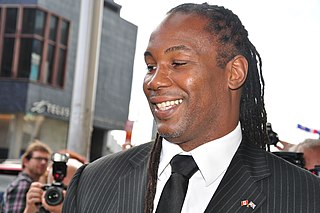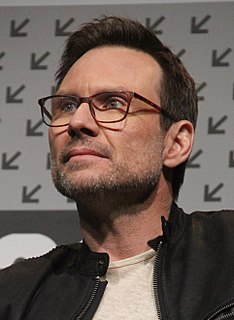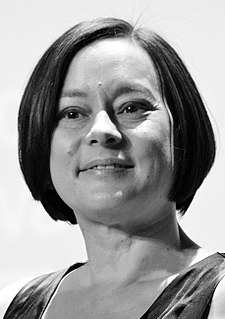A Quote by Larry Clark
I've always been interested in people that you wouldn't see otherwise. If you look back at my books, photographs, and films-and since I'm doing this retrospective I've been forced to look back-the work is always about a small group of people who are somewhat isolated, and who you would never see if I didn't film or photograph them.
Related Quotes
To see talented people in roles that others might not see them in, to see how they might fit in the puzzle of the cast, has always been something that I've been good at. I think that if you look at the successes of my films and start to peel them back, there's usually a really smart casting decision that has gone into that success.
A photograph never grows old. You and I change, people change all through the months and years but a photograph always remains the same. How nice to look at a photograph of mother or father taken many years ago. You see them as you remember them. But as people live on, they change completely. That is why I think a photograph can be kind.
Kevin Feige and I have very smart people who work for us, who make sure that we see everything. And that we actually see everything. They see everything, tell us about it, we see it. You have to have people who work with you, who say 'you have to look at this film'. And then you look at it. You really have to look at it. You have to look at movies all the time.
I was never in a school situation where someone said, This is the way a photograph is supposed to look. I was completely open to cut them up, or do anything like that. I think if I had been in touch with people earlier, then I wouldn't have felt comfortable doing that. It would have been too bizarre.
I really only write about inner landscapes and most people don't see them, because they see practically nothing within, because they think that because it's inside, it's dark, and so they don't see anything. I don't think I've ever yet, in any of my books, described a landscape. There's really nothing of the kind in any of them. I only ever write concepts. And so I'm always referring to "mountains" or "a city" or "streets." But as to how they look: I've never produced a description of a landscape. That's never even interested me.




































